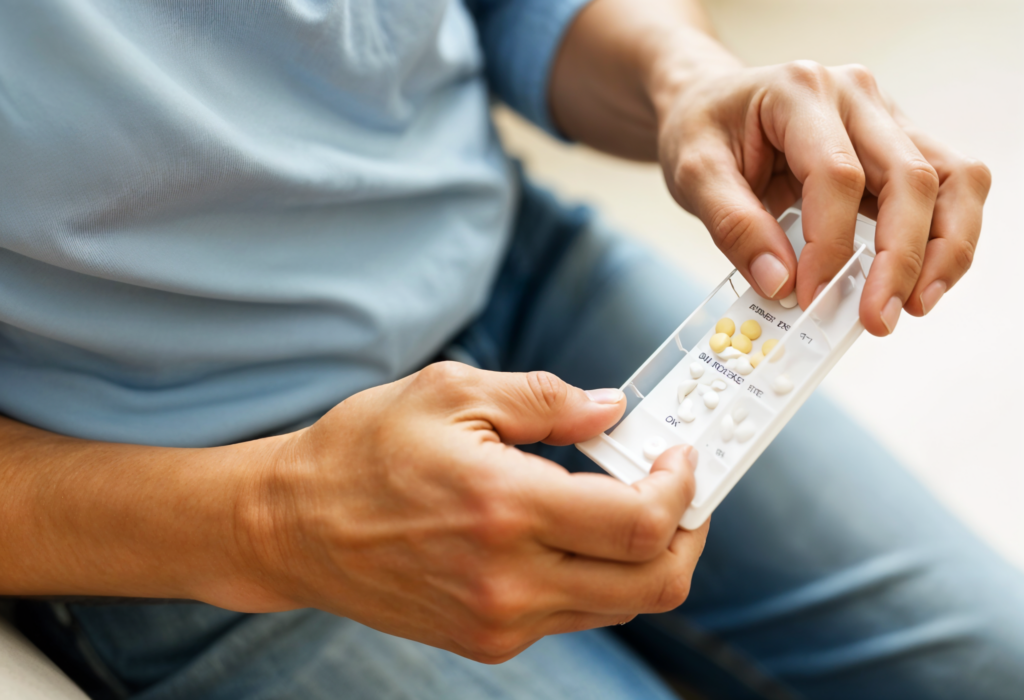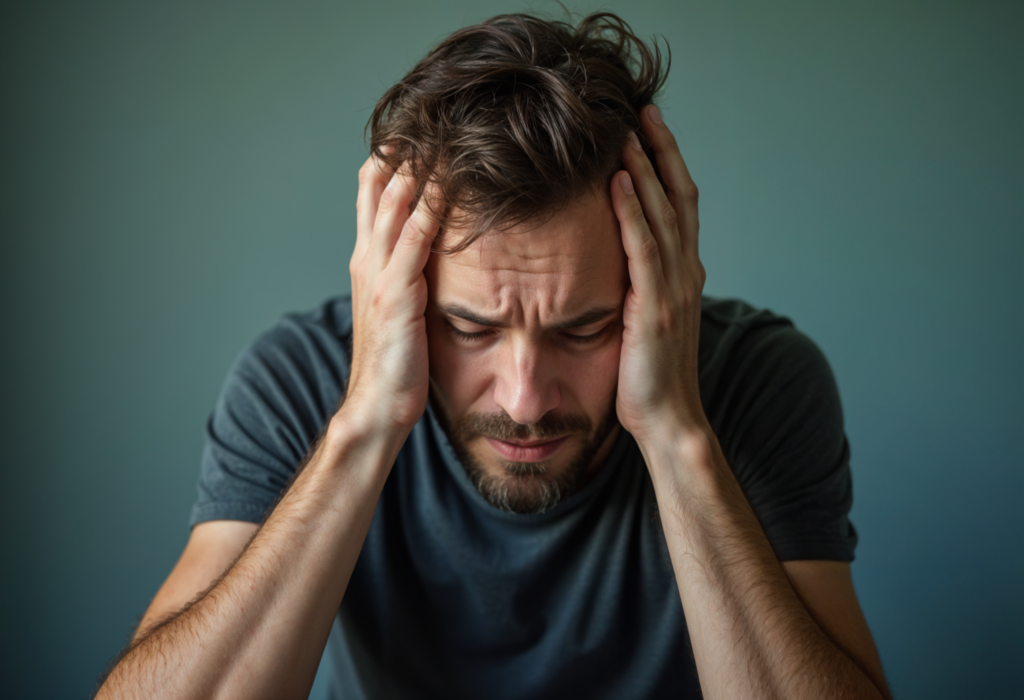Is Erectile Dysfunction a Normal Thing While Growing Older?

Is Erectile Dysfunction a Normal Thing While Growing Older? Most, if not all, men suffer from erectile dysfunction (ED) at some point in their lives. The majority cases occur among the aging population. However, age is not the only factor responsible for impotence. Other issues, either psychological, emotional or lifestyle, account for the sickness. […]
Apple Juice and Sexual Health Wellness: Fact or Fiction?

Apple Juice and Sexual Health Wellness: Fact or Fiction? Sexual health wellness is about far more than just what happens in the bedroom. It’s a reflection of your physical, emotional, and hormonal balance—and increasingly, people are asking how everyday diet choices affect their intimate lives. One such question that’s become surprisingly common: “Is apple juice […]
Maximizing the Potential of 10mg Tadalafil for Optimal Results

Maximizing the Potential of 10mg Tadalafil for Optimal Results Erectile dysfunction (ED) is one of those many problems affecting men. It has proved harmful not only to their sexual well-being but also to their emotional state. Among various treatments, 10mg tadalafil has reliably provided a long-lasting effect, allowing men to regain some form of […]
Cialis Online Overdose: How Much Cialis Is Too Much?

Cialis Online Overdose: How Much Cialis Is Too Much? Erectile dysfunction (ED) can affect not just physical health but emotional health and confidence as well. Most of us have to use drugs such as Cialis for treating ED effectively. Cialis, with tadalafil as the active constituent, forms part of the phosphodiesterase type 5 (PDE5) inhibitors […]
Tadalafil 20mg Dosage: The Right Amount

Tadalafil 20mg Dosage: The Right Amount Tadalafil, one of the most commonly prescribed medications for erectile dysfunction (ED), acts by increasing blood flow to the penis and enabling men to get and maintain erections. It is part of a class of medications called PDE5 inhibitors, which act by dilating blood vessels and enhancing blood flow. […]
10 Things Not To Do After Taking Viagra Online for ED

10 Things Not To Do After Taking Viagra Online for ED Viagra is a very popular drug to cure erectile dysfunction (ED) that has regained the confidence of millions of men about their sexual abilities. Nevertheless, taking Viagra over the internet or on prescription involves some precautions. Here although it’s safe to use, improper usage […]
Can Viagra Cause a Stroke?

Can Viagra Cause a Stroke? Erectile dysfunction is a common condition that hits millions of men globally, so they try medical treatments like Viagra to improve their sex life. Viagra, also referred to as sildenafil citrate by scientists, is a very popular drug prescribed to help men achieve and sustain an erection by increasing blood […]
ED and Heart Disease: A Warning Sign

ED and Heart Disease: A Warning Sign Heart disease is a leading cause of death globally and the top cause in the United States, accounting for 1 in 4 deaths. While heart disease is often associated with recognizable symptoms like chest pain or shortness of breath, it’s not commonly known that erectile dysfunction (ED) can […]
3 Exercises to Improve ED: How ED Treatment near me Can Help

3 Exercises to Improve Erectile Dysfunction Symptoms Erectile dysfunction (ED) is a common condition characterized by the inability to maintain an erection sufficient for sexual activity. Often linked to physical or psychological causes, ED affects millions of men worldwide. The most common culprits are cardiovascular-related issues such as obesity and high blood pressure. Fortunately, certain […]
Can Low Testosterone Cause Male Infertility? What’s the Connection?

Can Low Testosterone Cause Male Infertility? What’s the Connection? Low testosterone, or hypogonadism, is a condition found in many males around the globe. Testosterone is the most well-known for its sexual implications in males, but it has many other functions as well. Fertility is one very important aspect that testosterone influences significantly. This blog goes […]
